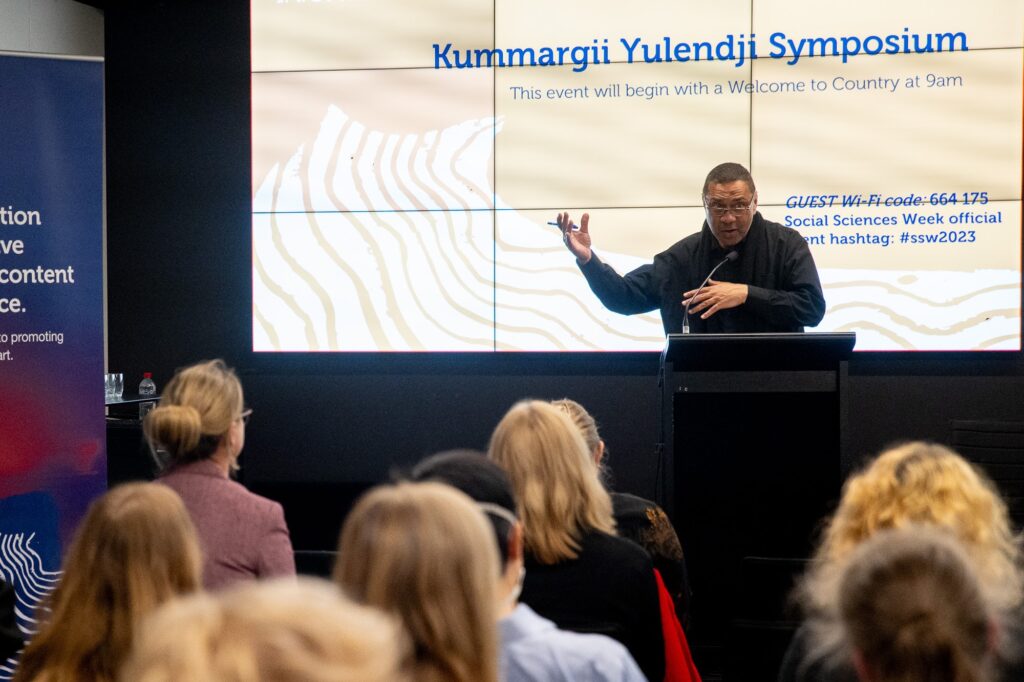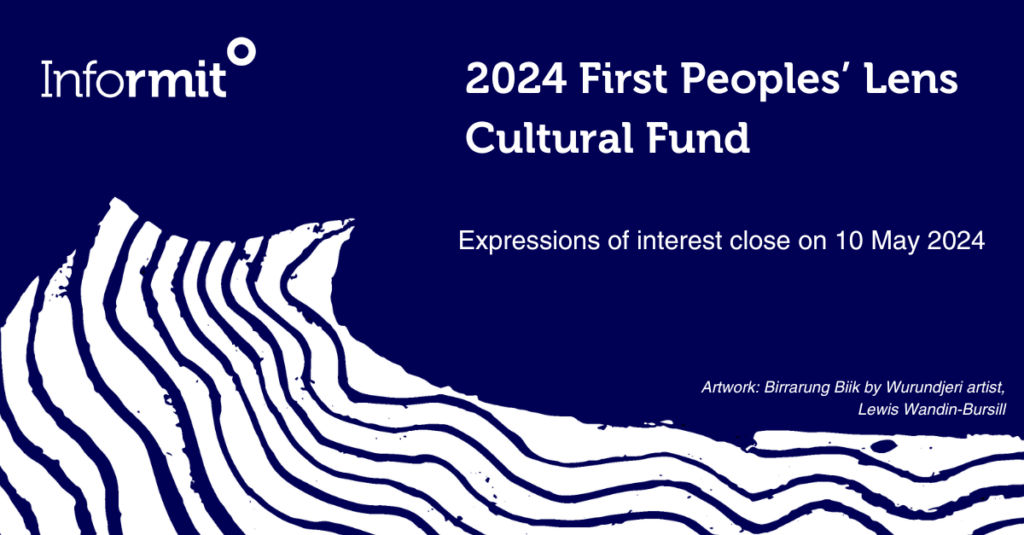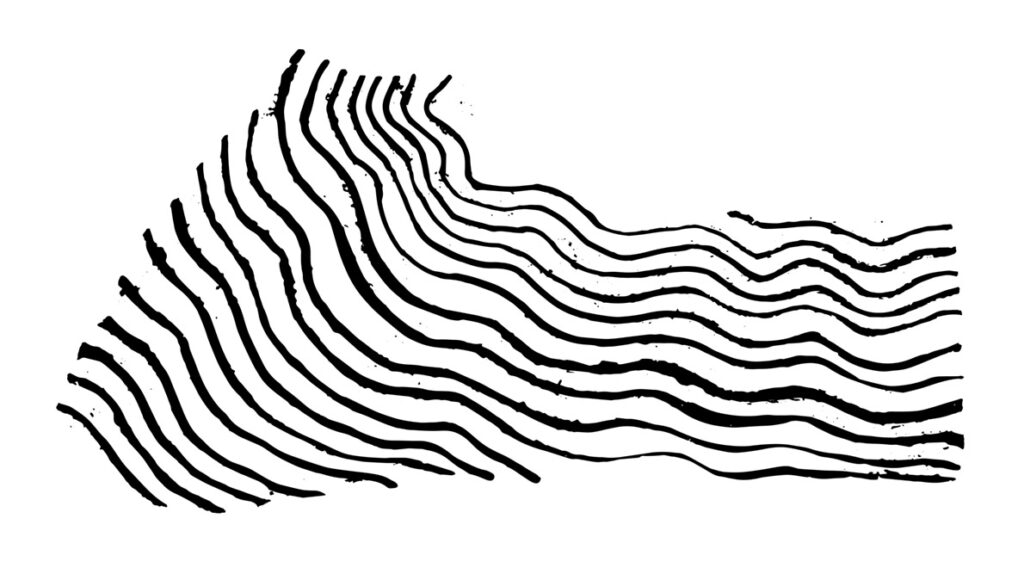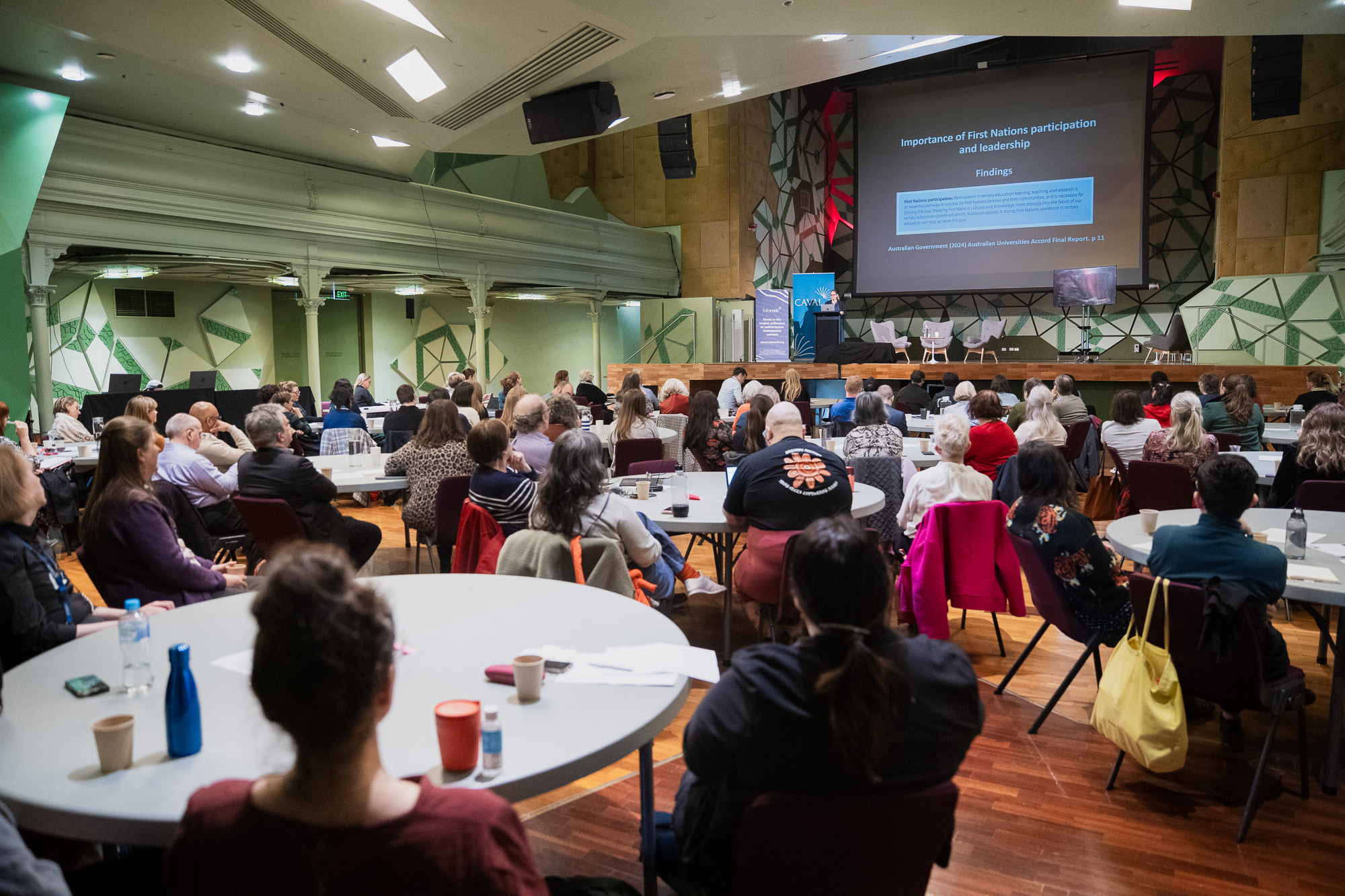
Over 400 delegates from the publishing, research, and information sectors gathered at the 2024 Kummargii Yulendji Symposium, both in person at RMIT University’s Storey Hall and online, to explore how First Nations knowledges and publications are described, applied, and amplified. Co-convened by Informit and CAVAL, this event was a key feature of this year’s Social Sciences Week.


After a strong and spirited Welcome to Country by Uncle Ringo, Informit’s Head of Product Laki Sideris welcomed attendees and reaffirmed Informit’s commitment to amplifying Aboriginal and Torres Strait Islander voices, combating misinformation, and embedding Indigenous perspectives and knowledge in the Informit platform. CAVAL CEO Jamie McCowan then introduced a programme filled with opportunities to listen, connect, and collaborate. She stated CAVAL is committed in supporting its members, partners, and colleagues as we work together on the next steps in sharing knowledge and encouraging one another.
The program opened with a powerful keynote by Tui Raven (Deakin University) titled Redefining Academia: Indigenous Knowledges in Research and Higher Education. Raven set the tone for the day’s discussions, urging attendees to rethink how Indigenous perspectives are integrated into academia.

The second keynote, delivered by Dr Hēmi Whaanga from Massey University, focused on future-proofing Indigenous knowledges. He emphasised that ‘The integrity of collection and [the] integrity of families must always be maintained’, highlighting the need to protect the information, the communities, and the families who collected it and to whom it belongs.

Dr Summer May Finlay from the University of Wollongong brought attention to the role of educators in creating meaningful learning opportunities through Indigenous content. She spoke about her project to develop a curated database of Indigenous resources. ’We enable educators to create not just an appropriate curriculum, but also use this as a true learning opportunity,’ explained Dr Finlay.

Several ongoing projects were spotlighted during the symposium, including a cultural safety initiative led by Yasmine Hall and Mikaela Hill from Charles Sturt University. Hall and Hill expressed their hopes for lasting change: ’We hope that each small change we make will positively impact the experience of our students and community.’

Laki Sideris from Informit and Sae Ra Germaine from CAVAL presented on their Metadata Review project and Sideris reflected: ’Even though we’re still learning, it’s amazing to see so much creative thinking and work already happening. Thrilled to be part of such a motivated community!’

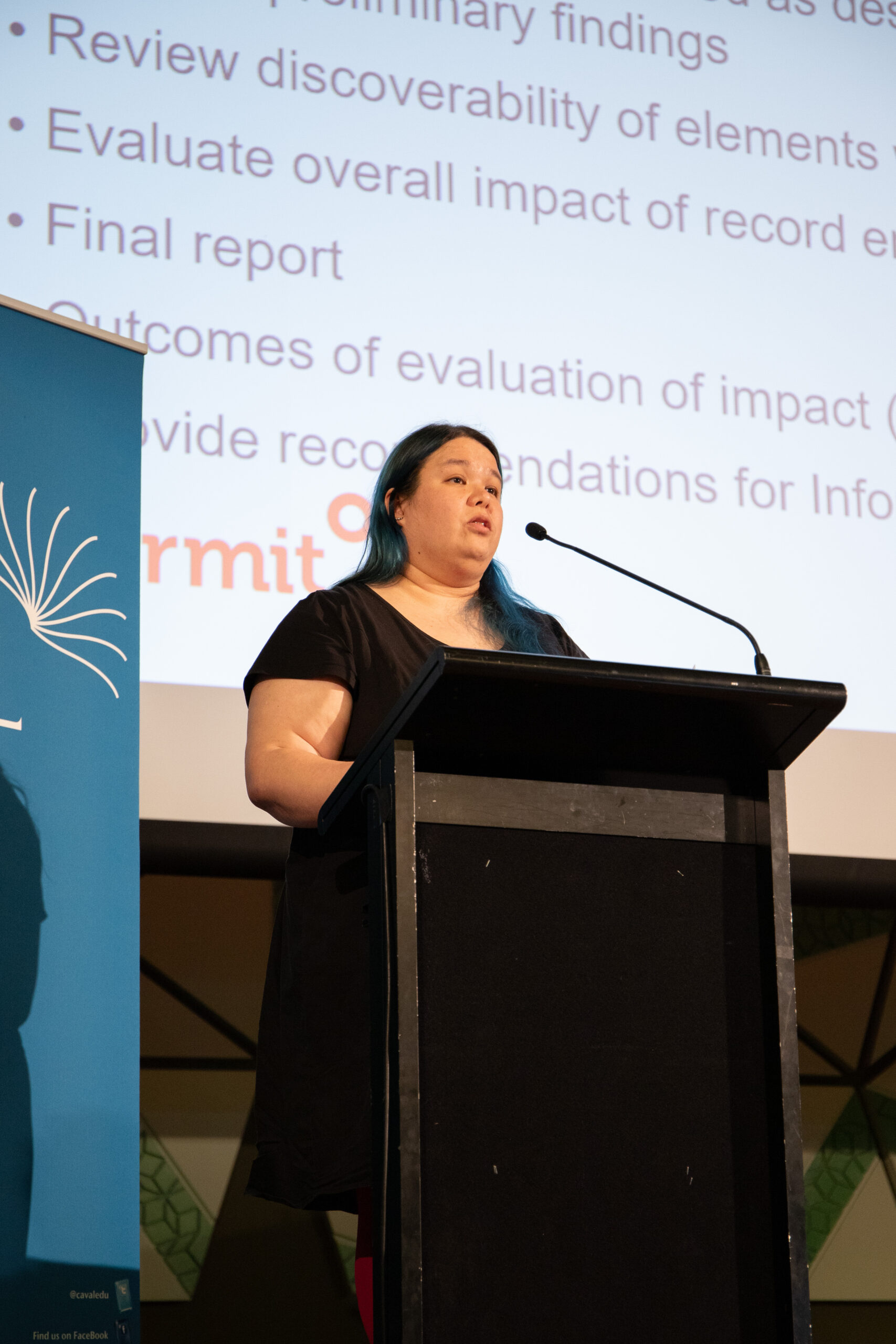
Roxanne Missingham, Tom Foley, and Delephene Fraser from Australian National University shared their experiences in reshaping knowledge programs to better reflect Indigenous contributions to education.
’We had to travel a long journey and look at our Indigenous partners differently,’ reflected Missingham and Foley, speaking on Imagining a new future: adopting a new program of knowledge for library staff and services to achieve greater Indigenous knowledge in education.

In their presentation Searching for voices and perspectives: The challenges in delivering library support for embedding Indigenous knowledges, Tim Ormsby, Amy Kosandiak, and Kayla Murray, Flinders University Library, shared: ‘We’re focused on providing enough information to the academics to enable them to make informed decisions on what resources they want to use.’

A recurring theme throughout the day was the importance of ongoing reflection and adaptation. Speakers like Naomi Mullumby and her team from the University of Melbourne emphasised the value of continuous learning and collaboration in advancing Indigenous knowledge initiatives.
’There wasn’t enough knowledge, but we knew we needed to do something – we’re making progress, continually developing our learning,’ shared Mullumby, Charing, and Rusiniak, reflecting on their Indigenous knowledges projects.

The Indigenous Scholars You Should Know panel featuring Brooke Wandin, Professor Kathleen Butler and Dr John Doolah reflected upon the researchers’ current projects and some of the opportunities and challenges presented by the revitalisation of knowledges, regarding protection of and access to this knowledge for communities.

A second panel, featuring Tui Raven, Alissa McCulloch (Deakin University), Gemma Steele (Monash University), Lorraine Heller-Nicholas (the University of Melbourne), and Nina Whittaker (State Library of Victoria) delved into collaborative strategies for reparative description in Australian libraries and archives, further highlighting the importance of updating metadata and embedding cultural protocols into daily workflows.
The theme of looking beyond data alone to capture the complexity of human experiences was reflected by Sarah Brinkhege from Parity magazine (Council to Homeless Persons), who addressed the challenges of representing the impact of homelessness on First Nations communities during her presentation on the “After the Voice: First Nations Response to Homelessness” edition of Parity.

The online audience and in-person table yarns actively contributed to the discussions, reinforcing the need to continue these critical conversations. Attendees were encouraged to join communities of practice and prioritise First Nations knowledge in their respective fields.
Kummargii Yulendji Symposium made space for meaningful dialogue, reaffirming the need for ongoing action for collaboration and understanding when it comes to the amplification of Indigenous perspectives in academia and beyond.
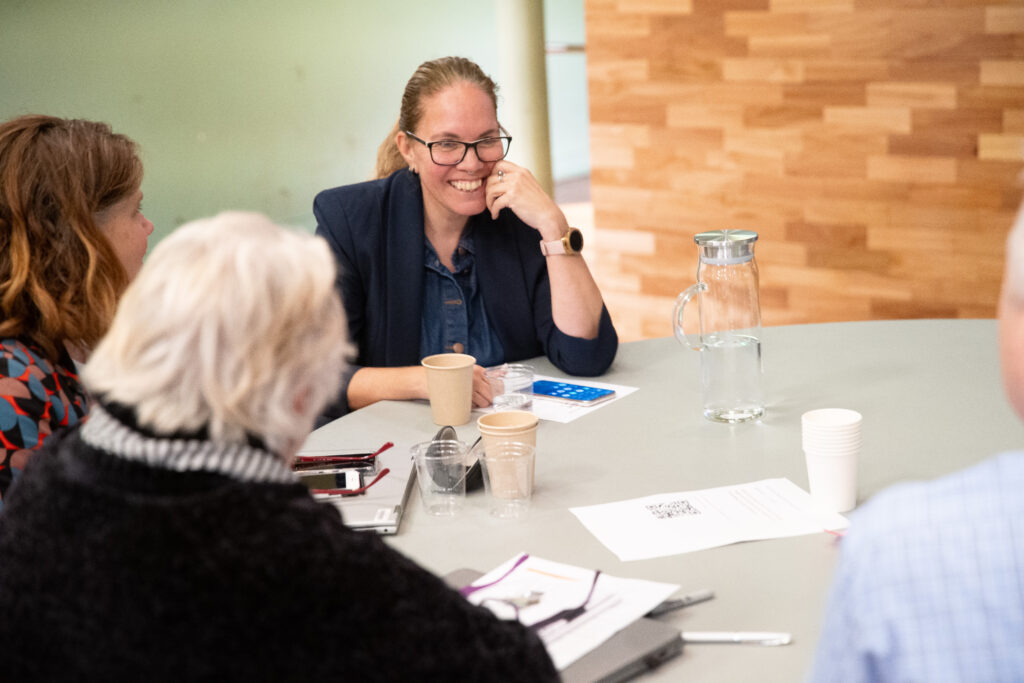
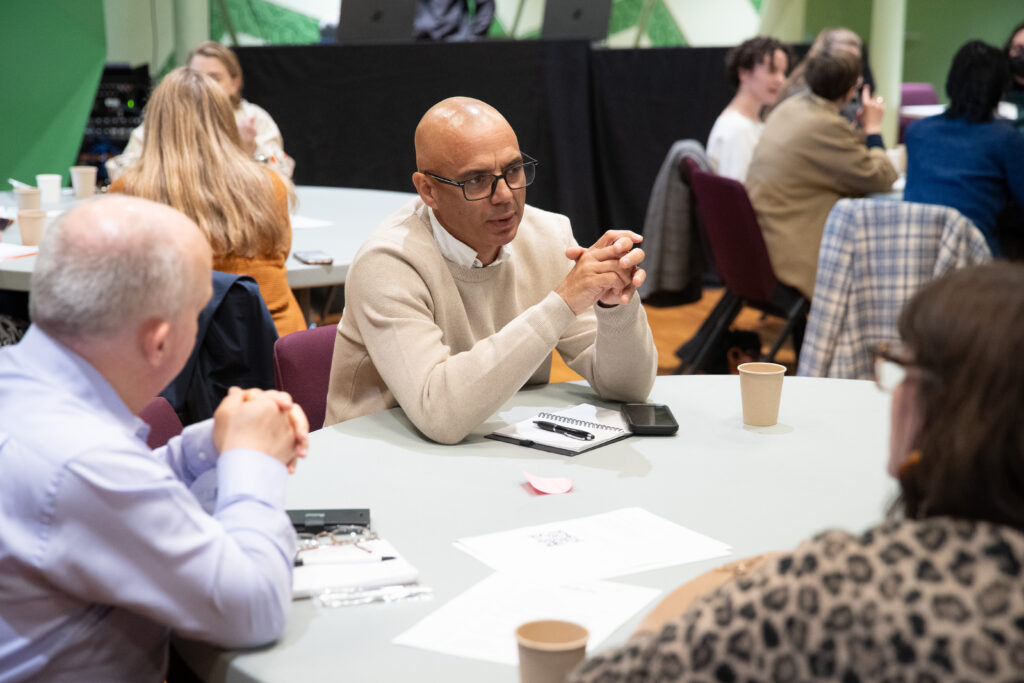
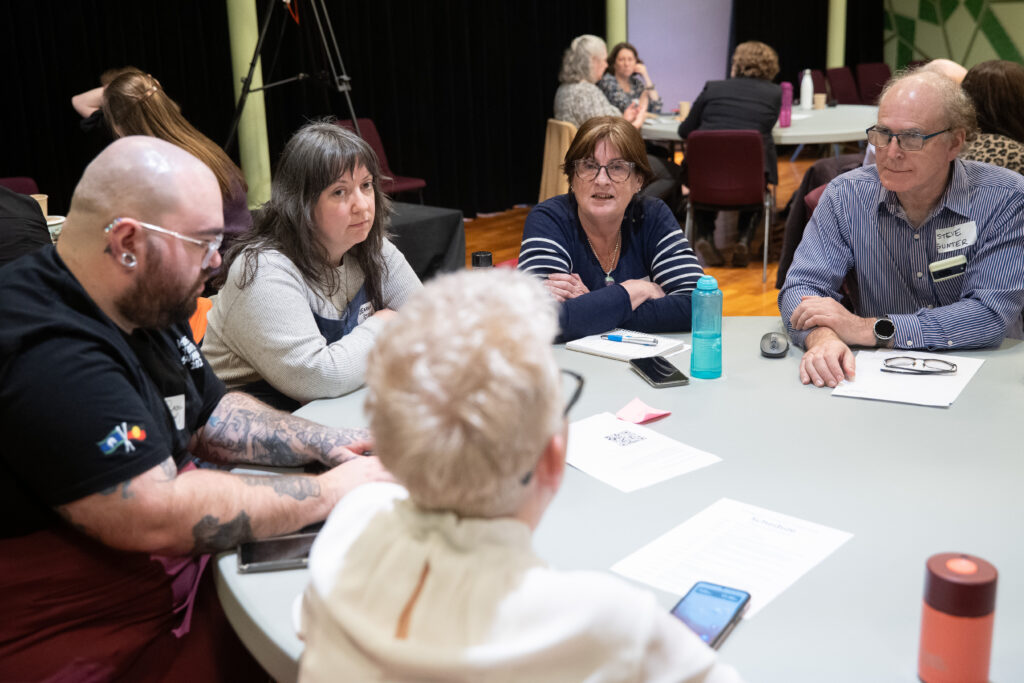
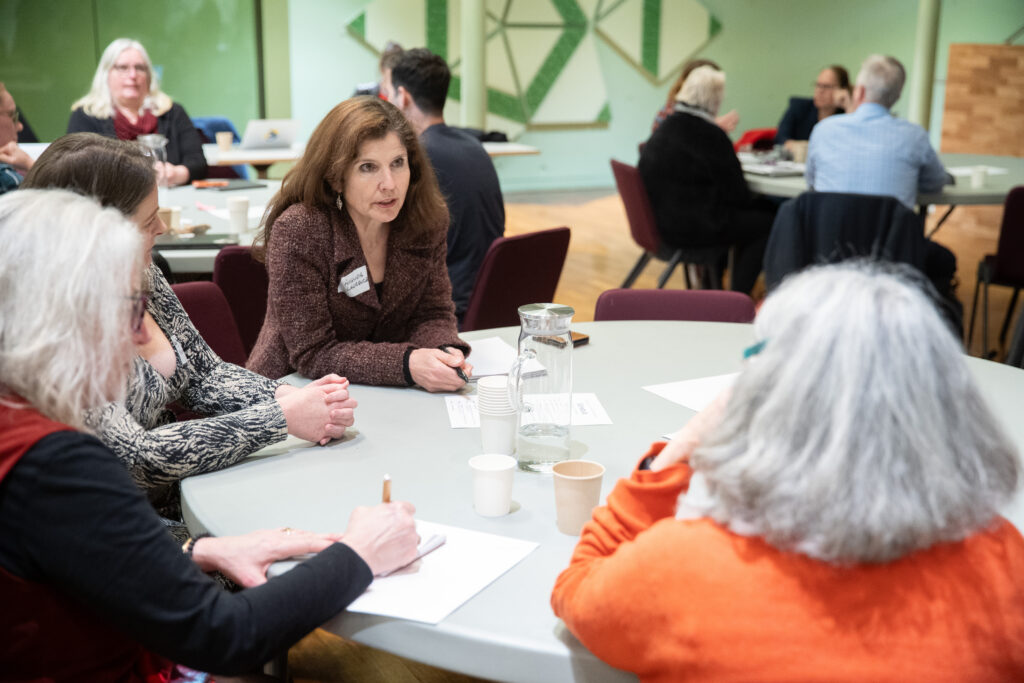

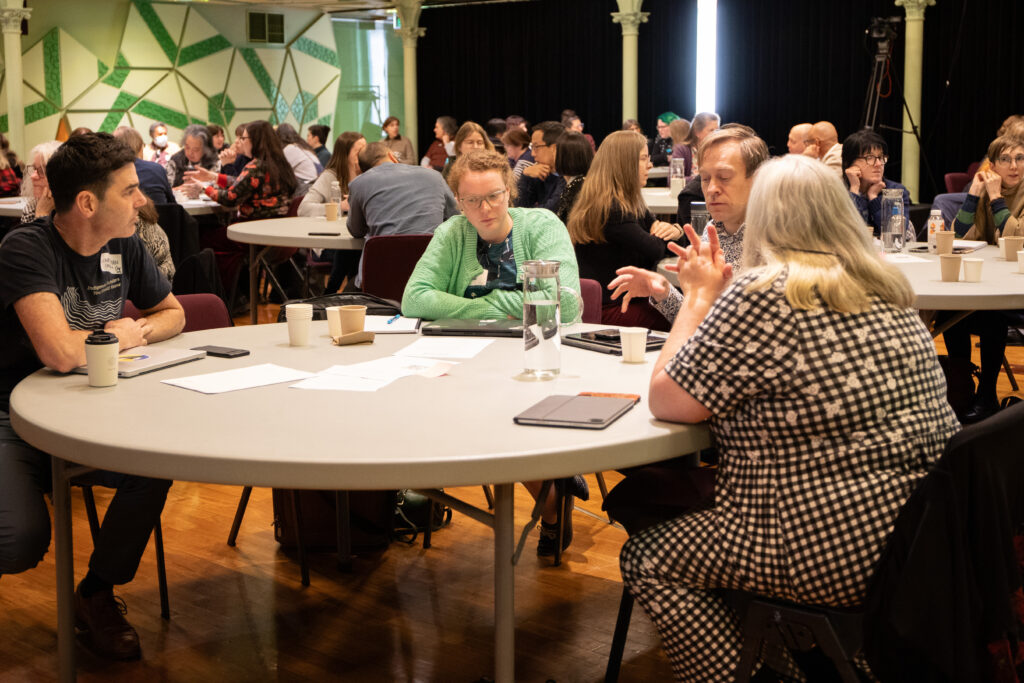
Photo Gallery of 2024 Kummargii Yulendji Symposium
As previously published on the Kummargii Yulendji Symposium website.
